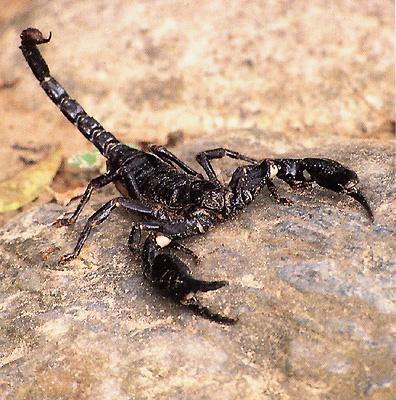@Magrus: My wolfdog was a very social, friendly guy. He even had a sheep as a best friend...that is, until one day, the sheep grew up and suddenly became afraid of him.

Seriously, he and this sheep would run around together. It was rather amusing. I felt sorry for him when one day, the sheep ran away from him. I don't think he understood. I raised him around livestock, and trained him not to chase chickens or eat chicken eggs, and to stay out of cow pastures (he used to loving running circles around the cows harrassing them). His final test was when I left him in a chicken coop overnight...when I looked in the next morning, all the chickens were walking around waiting to get out, and he was sitting right in the middle of them, with two dead rats at his feet.

Not one chicken had been bothered.
I did the same thing with eggs. I caught him when he was a gangly 6 month old puppy, eating some eggs a chicken had just laid on the ground. I taught him that afternoon to never, ever eat an egg that was in a shell, and he seemed to understand perfectly. To see how well he learned, I left him with a dozen eggs overnight in the barn. He hadn't touched a single one when I came back in the morning. So as a reward, I would give him one egg a day, cracked and in a cup. It was ice cream to him.
@CE: Good choice of bird - the albatross is the undisputed master of the sky, able to cover amazing distances with their tremendous wingspan. In fact, I do believe one of the albatross species holds the record for the widest wingspan - over 12 feet (approx 3.8 meters I believe).
Wolves are doing well in North America lately...I only hope the trend continues. They are the only natural predator of moose. Canada has been a tremendous help in re-introducing gray wolves to their former range in the US, and now they are established in Yellowstone national park, where they are doing very well. Recently, wolves have been sighted as far south as Tennessee, where they haven't been seen in over 75 years.
It's absurd how some ranchers and others will claim that wolves (and other predators) will pursue the best members of a herd - nothing could be further from the truth. Scientists have observed how predators prey upon the very young, the weak, the sickly, and the oldest specimens in a herd since they present the best target with the greatest chance for a kill. While canines tend to be very successful predators as they hunt in organized groups, they often resort to scavenging carcasses or preying upon smaller game most of the time. Some researchers in Canada studied a pack of wolves in the wild, checking their droppings and monitoring their diets very closely. Over 75% of their diet consisted of small game such as rodents and birds. A wolf has very large, wide paws. Their ears and noses are exceptionally keen, and while they are roaming their range, they have been observed pouncing upon something in the undergrowth, and pulling out a furry rodent with their paws. A far cry from the vicious wolf pack image of myth.

Note: They will also eat berries. My wolfdog would strip blackberry bushes clean, and come trotting up with blackberry juice all over his muzzle. He also liked apples, which he would eat in a very dainty fashion.

